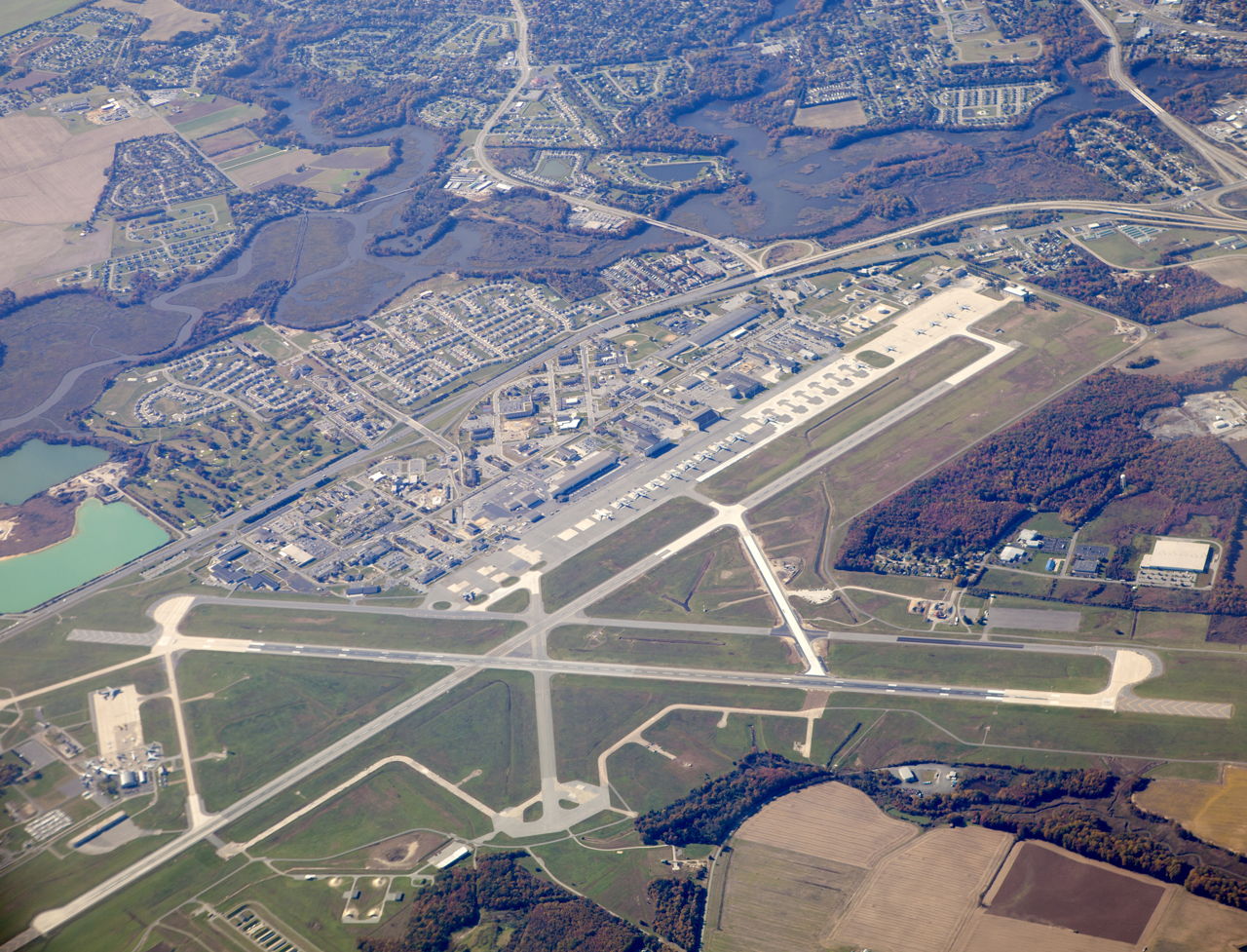
94% of air traffic controllers in the US are hired by the federal government. Thus, their salary is on the higher side, as the federal government pays premium salaries to its air traffic controllers.
According to the US Bureau of Labor Statistics (BLS), the Federal Aviation Administration (FAA) is the largest employer of air traffic controllers, and the highest payer as well, providing an annual mean wage of US $117,300 (2011).
Air traffic controllers can be considered as the traffic police of the skies. They coordinate the take off and landing of flights by instructing pilots accordingly. They also ensure that airplanes maintain a safe distance from each other when in flight.
Air traffic controllers permit and regulate flights as per the government or company policies to ensure the safety of passengers. They have to take into account weather conditions, and keep the pilot updated about the same to ensure a smooth flight.
Their salary, while on the higher side, is dependent on various factors like the employer, location, and experience of the individual. Here is a list salaries for the profile of air traffic controller.
Note
- All figures are in US Dollars.
- All figures are as of January 2013.
- All figures are average annual salaries and may vary based on education, experience, location, and type of employer.
| Less than 1 year | $9,000 – $100,000 |
| 1-9 years | $31,000 – $124,000 |
| 10 -19 years | $36,000 – $151,000 |
| 20 years or more | $60,000 – $179,000 |
Source: PayScale
| Alabama | $68,000 |
| Alaska | $57,000 |
| Arizona | $59,000 |
| Arkansas | $66,000 |
| California | $74,000 |
| Colorado | $59,000 |
| Connecticut | $72,000 |
| Delaware | $62,000 |
| Florida | $64,000 |
| Georgia | $72,000 |
| Hawaii | $49,000 |
| Idaho | $56,000 |
| Illinois | $70,000 |
| Indiana | $67,000 |
| Iowa | $61,000 |
| Kansas | $60,000 |
| Kentucky | $58,000 |
| Louisiana | $55,000 |
| Maine | $60,000 |
| Maryland | $67,000 |
| Massachusetts | $76,000 |
| Michigan | $64,000 |
| Minnesota | $61,000 |
| Mississippi | $78,000 |
| Missouri | $66,000 |
| Montana | $68,000 |
| Nebraska | $55,000 |
| Nevada | $63,000 |
| New Hampshire | $66,000 |
| New Jersey | $70,000 |
| New Mexico | $60,000 |
| New York | $78,000 |
| North Carolina | $66,000 |
| North Dakota | $63,000 |
| Ohio | $63,000 |
| Oklahoma | $60,000 |
| Oregon | $62,000 |
| Pennsylvania | $58,000 |
| Rhode Island | $67,000 |
| South Carolina | $59,000 |
| South Dakota | $52,000 |
| Tennessee | $63,000 |
| Texas | $63,000 |
| Utah | $60,000 |
| Vermont | $63,000 |
| Virginia | $67,000 |
| Washington | $63,000 |
| West Virginia | $66,000 |
| Wisconsin | $58,000 |
| Wyoming | $63,000 |
Source: Indeed
Military Experience
Those who possess experience with the Federal Aviation Administration (FAA) or the U.S. Armed Forces but have no degree may also be hired. However, you will need at least 52 weeks of hands-on experience along with thorough knowledge of the air traffic regulations.
Education and Training
Those who wish to become air traffic controllers must possess an air traffic management degree through the FAA Air Traffic Collegiate Training Initiative (AT-CTI) program. One may complete a 2 or 4-year degree in aviation or air traffic management. After completing the program, you will need a score of at least 70 on your FAA air traffic pre-employment tests and a strong recommendation from your school. Remember, there are also certain other requirements to meet, which you should be aware of.
PUBNAT Announcements
If you do not have an AT-CTI degree or military air traffic control experience, and yet want to become an air traffic controller, keep an eye for PUBNAT announcements by FAA on the USAJobs website. These announcements are for inviting the general public to apply for air traffic control positions. However, please note that the chances of landing the job this way are slim.
Other Way
You can also become an air traffic controller provided, you have an bachelor’s degree and at least 3 years of progressively responsible work experience, or a combination of both. You must also score 70 and above on your FAA air traffic pre-employment tests, and clear the interview. Your education and experience must indicate that you are capable of shouldering the responsibilities of an air traffic controller.
Apart from these qualifications, some other skills that an air traffic controller should possess include:
- The ability to give precise, easy-to-understand instructions to the pilot over the communication system.
- A good memory, as he needs to interpret information from radar screens, remember it, and relay it to the pilots and ground crew.
- A high level of concentration, to be able to work in a noisy environment.
- The ability to make quick and correct decisions, in case of emergencies.
The BLS projects a decline in jobs of air traffic controllers by 3% in the future because of improved technology that allows handling of more air traffic with lesser manpower. Also, constraints in the federal budget may limit hiring possibilities. The BLS suggests that those who are in their 20s with the relevant education will have greater job opportunities in this field.
Air traffic controllers facilitate efficient air travel for millions of passengers worldwide. The figures given here provide clear indications that the salary of an air traffic controller is enviable, and it is a lucrative career option for people who are interested in the airline industry.
